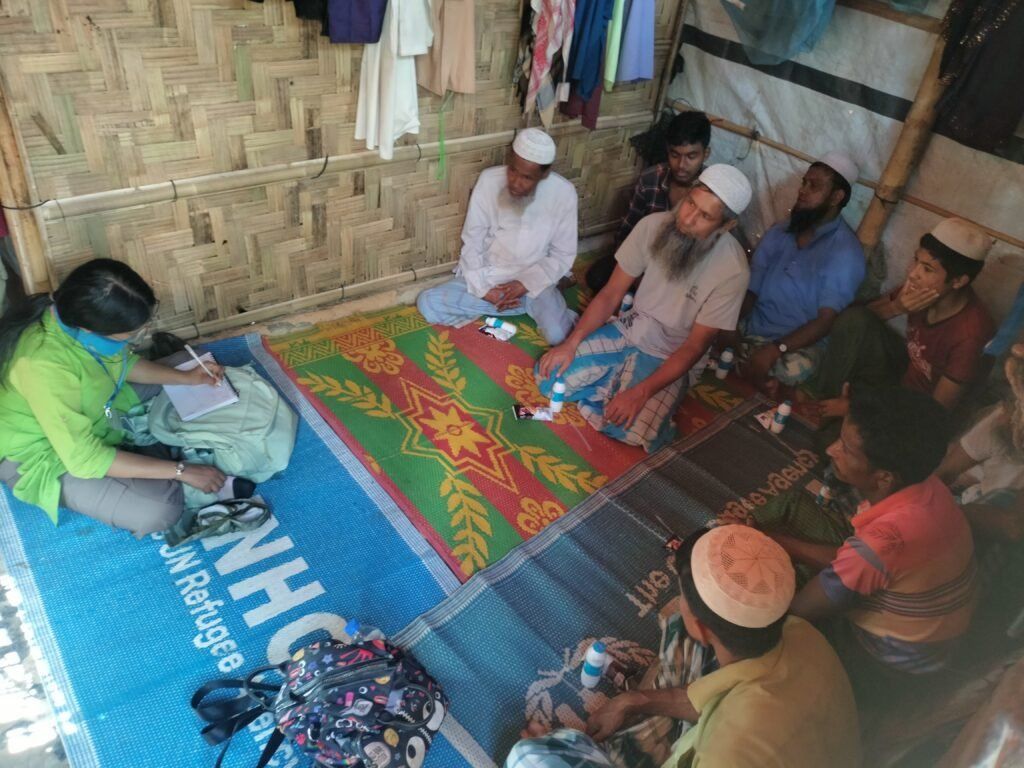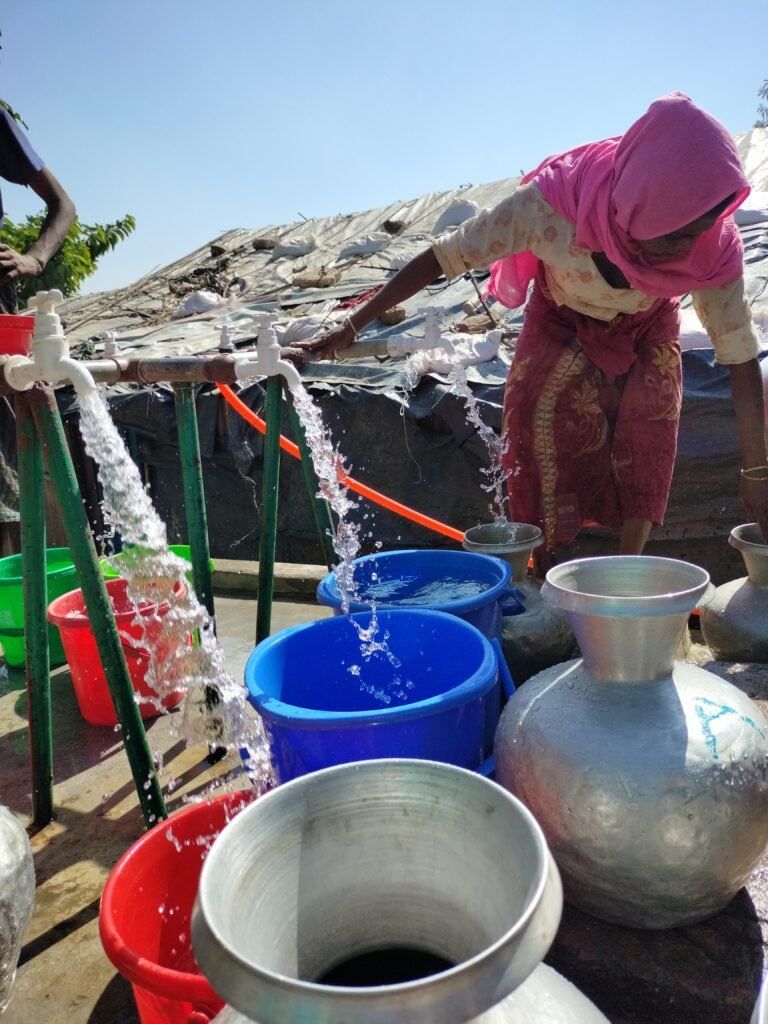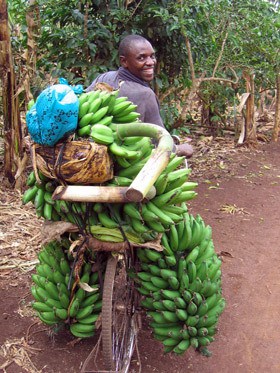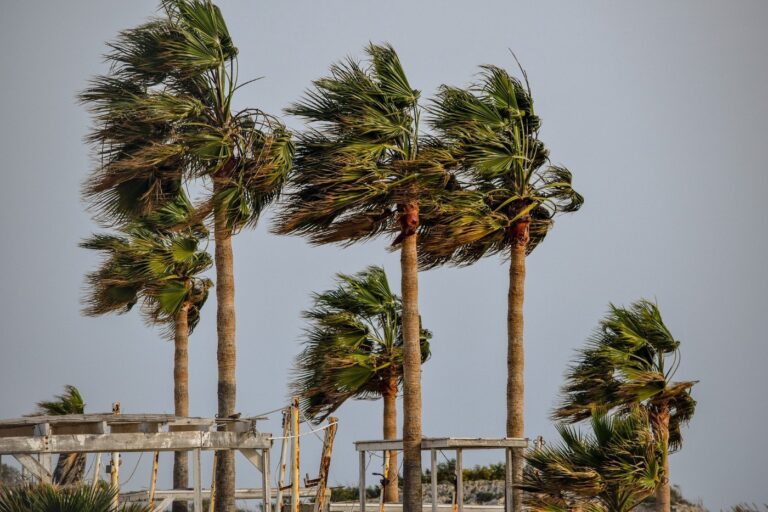Finalist Feature: Inspira
Written by Inspira and GKI team members
The USAID-supported Accelerating Innovation for Resilience (AI4Resilience) Challenge supports the co-creation of solutions to strengthen the ecosystem for innovations fostering community-led humanitarian response and long-term resilience. The program is currently being piloted in Bangladesh. This article features one of ten solutions our Challenge Finalist organizations are designing and prototyping. Follow the AI4Resilience Challenge on LinkedIn.
Around 1 million Rohingya refugees have taken shelter in Bangladesh in temporary settlements since 2017. The lives of the Rohingya people in the camps in Bangladesh have been extremely difficult. The camps are overcrowded and lack adequate necessities such as clean water and sanitation facilities. The Rohingya people depend on aid from the international community for survival, and many have reported food and medical shortages.
Inspira advisory and consulting ltd. has been working with the stakeholders involved with the Rohingya response since 2018. As a result, Inspira has had the opportunity to observe how the crisis turned into a protracted crisis since the influx in 2017 and understands the need for community-driven solutions in the camps.

Inspira’s teams have worked in several camps since the influx. They understand how diverse the community, socio-cultural groups, religious beliefs, and educational qualifications differ among the camps. Each camp has become a unique location where the needs are diverse, and it is impossible to provide holistic yet sustainable solutions for the Rohingya community. The need has now arisen to implement Rohingya-driven solutions in the camps.

“Empowerment and integration of the Rohingya people has become crucial now. They need to be directly involved in the ideation and implementation process for sustainability of the solutions they are receiving.”
Inspira is proposing a “Community-led Humanitarian Innovation Accelerator for Human Centered Design Solutions in the Rohingya Crisis,” with the central focus of the accelerator being the long-term needs in the Rohingya humanitarian response across multiple sectors: WASH, education, livelihood, etc. Bringing together the community, independent innovators, and large organizations, Inspira hopes to find problem statements from within the Rohingya community and connect local innovators to design solutions.

Follow along Inspira’s journey and their one-of-a-kind community-led accelerator for Human Centered Design solutions for the Rohingya people on their Facebook and LinkedIn pages and GKI’s social media channels!







